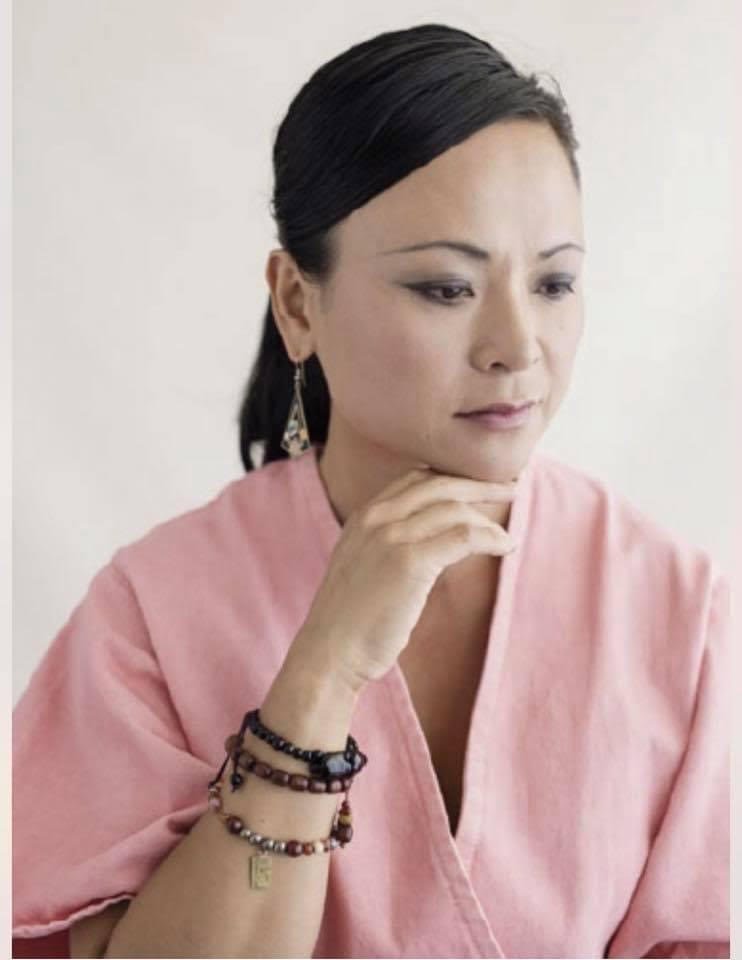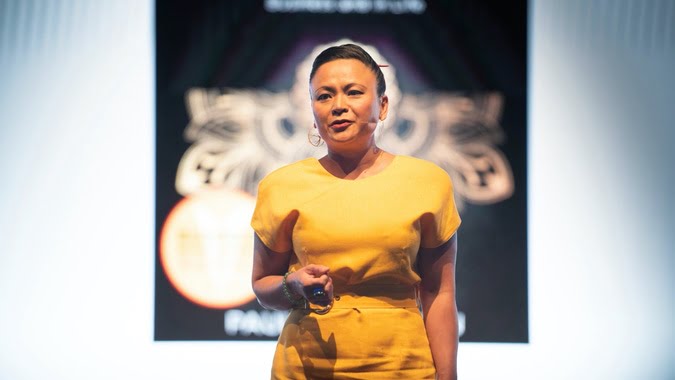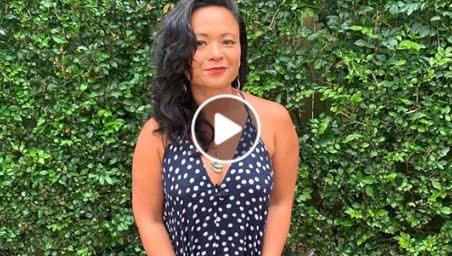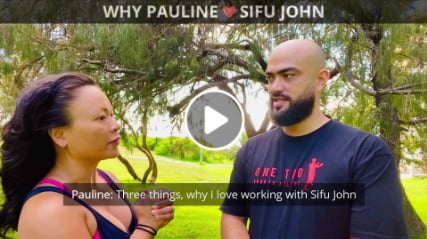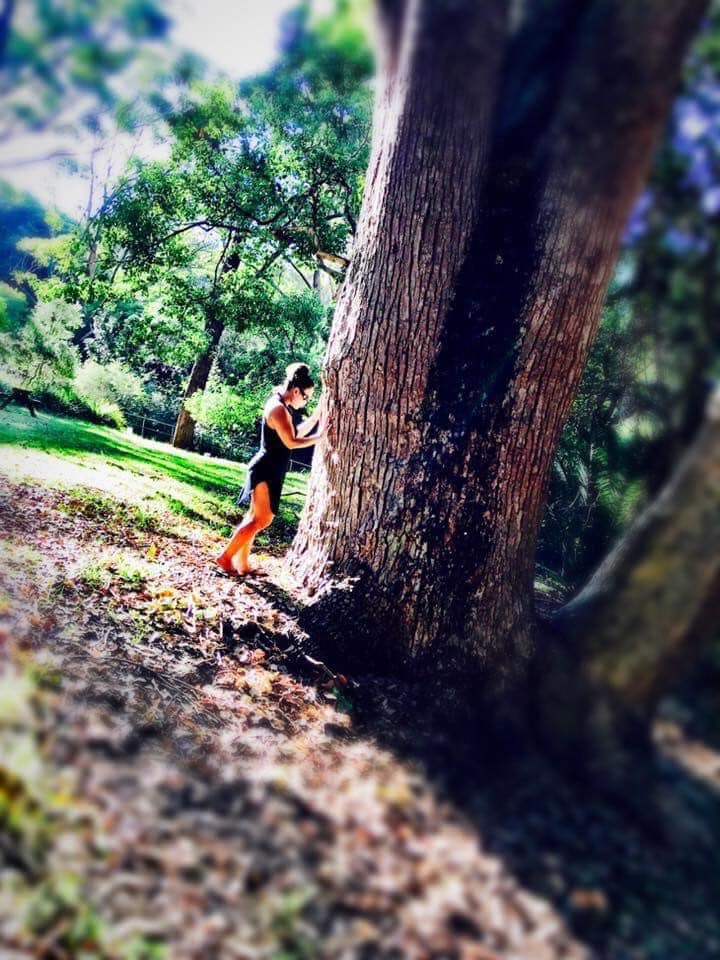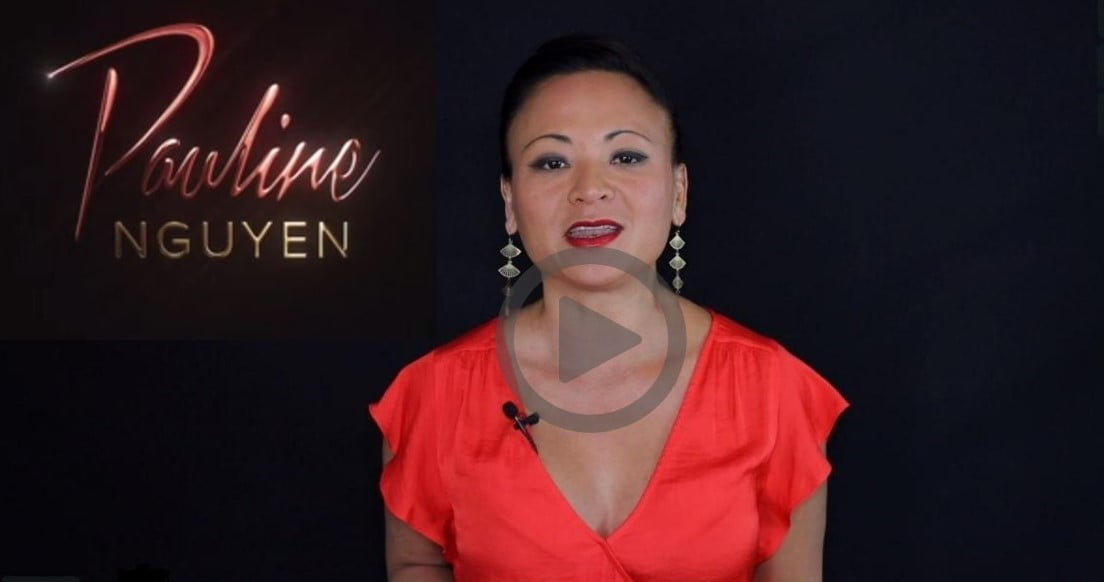It is truly an honour and a privilege to be included in this important book. Two hundred ‘real women’, with ‘real stories’, making an impact around the world.
Two hundred women from a variety of backgrounds are asked the same five questions. Their answers are inspiring human stories of success and courage, love and pain, redemption and generosity. From well-known activists, artists, and innovators to everyday women whose lives are no less exceptional for that, each woman shares her unique replies to questions like “What really matters to you?” and “What would you change in the world if you could?” Interviewees include conservation and animal welfare activist Jane Goodall, actor and human rights advocate Alfre Woodard, along with those who are making a difference behind the scenes around the world, such as Marian Wright Edelman, head of the Children’s Defense Fund.
Each interview is accompanied by a photographic portrait, resulting in a volume that is compelling in word and image—and global in its scope and resonance. With responses ranging from uplifting to heartbreaking, these women offer gifts of empowerment and strength—inviting us to bring positive change at a time when so many are fighting for basic freedom and equality.
Read the full interview below…
Pauline Nguyen
Pauline Nguyen was born in Saigon, Vietnam, and moved to Australia in 1978. Nguyen is a co-owner and co-founder of the acclaimed Red Lantern restaurant in Sydney. An author, spiritual entrepreneur and speaker, Nguyen’s writing has appeared in Robert Drewe’s The Best Australian Essays 2010, and her memoir Secrets of the Red Lantern saw her recognised as newcomer writer of the year at the 2008 Australian Book Industry Awards.
Q. What really matters to you?
I find being in a state of joy – just being – so beautiful; and I feel so privileged. So, what matters right now is that we all decide to find the joy, the forgiveness, the peacefulness and the beauty in whatever we are faced with – in all things. When we make that decision, even more joy, forgiveness, peace and beauty will come our way.
That’s not to say that we should close our eyes and ears, or ignore the relative logic of life. But, what’s important is how we translate and interpret what happens. Because we all have a choice. One of the most important things for me as a mother, coach and mentor, is helping people find the tools to transform old beliefs and make the decision to be their true selves, to develop the tools and gifts to take off all their layers and masks. What matters is how I show up in the face of my children, my husband and the people I love. What matters to me is to be able to assist them to find freedom in this world. True Freedom.
Growing up, I witnessed all the anger, fear and trauma in my father; all the emotional toxicity that built up in him over the years. He was like a faulty pressure cooker about to explode. At the fall of Saigon, my parents had no choice but to escape Vietnam – the only way they could do that was to build a boat and smuggle the family out to sea. We spent nine days on the ocean and ended up in Thailand, where we spent a very difficult year in a refugee camp. My younger brother, Luke, was born there. In 1978, Australia finally accepted us.
But in Australia, the environment I grew up in was very violent – mentally, physically, emotionally, spiritually – and it wasn’t until I started examining my past that I realised my father had suffered terribly from post-traumatic stress disorder. He had come out of war, to a new country, with nothing: no house, no job, no money. He didn’t know the laws or the language. I guess my father had nowhere to dump his anger, so he started to dump it on his wife and, later on, on his children. But my true self is conscious enough to make the decision that that cycle ends with me, and so the anger and trauma does not get passed on to my children.
There are lessons from my parent’s lives that are positive, though. Everything they went through in coming to Australia reflects the values and the truth of my life now: courage, resilience and grit. They had such courage – the courage to take action. They had resilience – the ability to fall and get back up again. And they had grit – the stamina and determination to achieve their goal. My father did the best he could with the tools that he had at the time. He lives a very different life now and we are friends, although it does require a lot of work on my part. Just as my father had a choice, so do I have a choice. We all choose.
Today, I work to assist people to choose the story that gives them the most peace and to choose the thoughts that bring them the most joy, so they suffer less. That’s my mission. The answer is so simple. It’s about choice and it’s about being true. Because our truth is not in being burdened by anger, fear and trauma.
Q. What brings you happiness?
My life; I’m in awe of my life. It’s all beautiful: the privileges, the opportunities, my children, my husband, my businesses. We must all stop and look at how much we’ve accomplished – how far we’ve come – and be grateful.
Q. What do you regard as the lowest depth of misery?
I’ve had some low moments in my life. But, from where I sit right now – looking back – I can’t say that any of my experiences were the lowest depths of misery. I can’t even use those words, because those experiences are no longer real to me.
Pain is inevitable, but suffering is a choice and not having the freedom to let go is miserable. I see so many people who have been unable to choose the story that gives them peace, so they take a painful event, put more lenses and more filters on it, until it becomes misery and they suffer needlessly. This absence of consciousness causes people to suffer needlessly, because of the stories they’ve created and the layers of meaning they’ve piled onto those stories. All this becomes a rock they are chained to.
Q. What would you change in the world if you could?
Perspectives. I love changing perspectives. Not everybody is ready, which I respect. But I believe I was put on Earth to influence people, to give them the opportunity to choose ways of seeing the world that lessen their suffering; to offer them another perspective that gives them the courage to challenge existing paradigms and design a life on their own terms, regardless of what they’ve been through.
What are beliefs? Beliefs are habits, habits that were downloaded onto us by our parents, our society and our culture. Some of us go through life defending these habits – sometimes to the death – habits that are not even ours. So I want people to be able to say, ‘Wait a minute. This is not working for me.’ We all have to come to terms with the cost of holding on. Because there’s a huge cost of walking this earth defending beliefs that aren’t even ours and being someone that we’re not.
Q. Choose one word that you most identify with.
My word is freedom. Freedom above all else.

